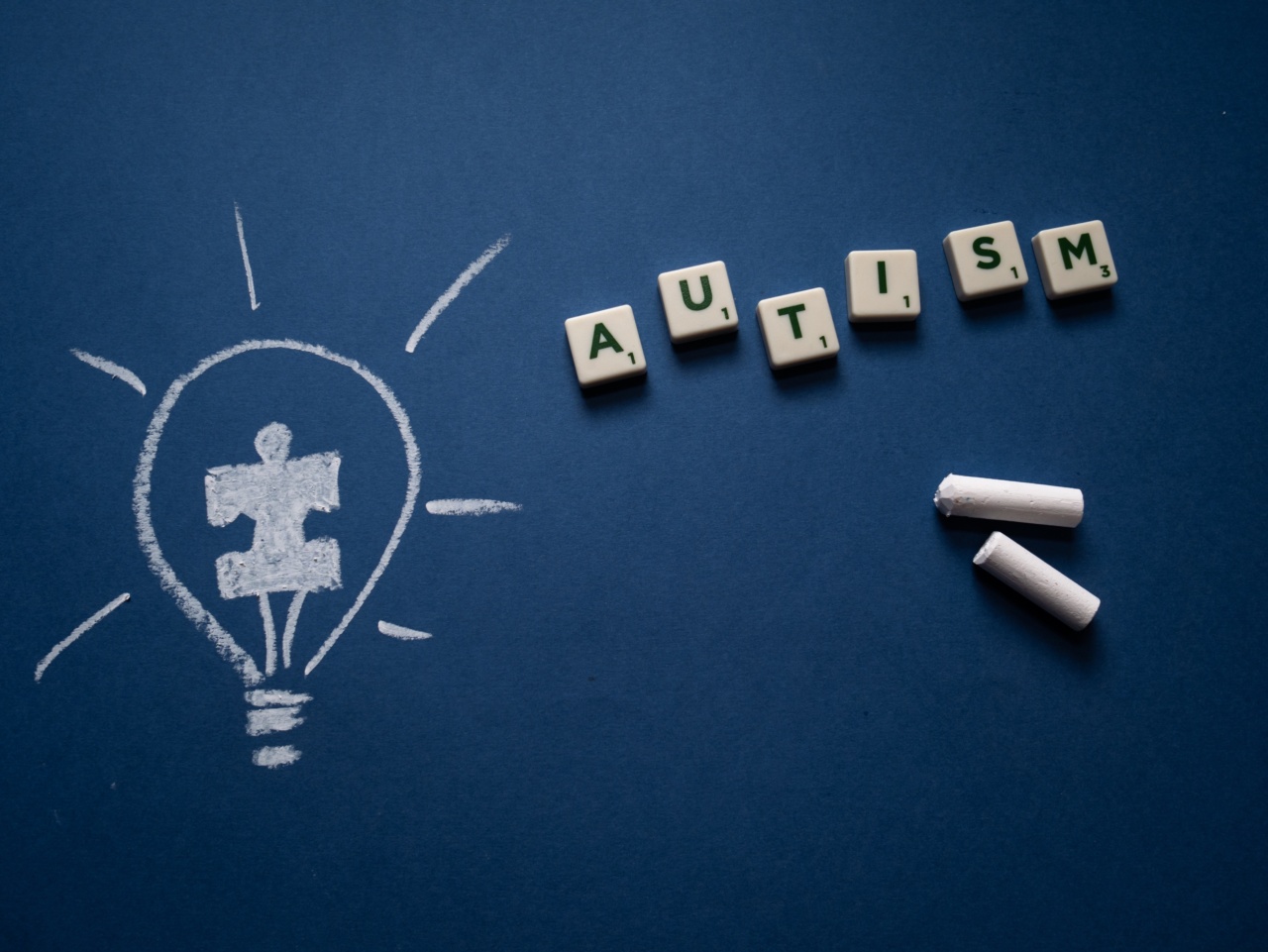Autism is a spectrum disorder, meaning it varies greatly in severity and presentation. While some individuals with autism may have significant impairments and require lifelong support, others may have milder symptoms and lead more independent lives.
The spectrum encompasses a wide range of abilities and challenges that individuals with autism face.
Early Signs and Symptoms
The signs of autism typically emerge in early childhood, with most cases diagnosed by the age of three.
Some common early signs include difficulties in social interaction, delayed speech and language development, repetitive behaviors, and intense preoccupation with specific interests. However, the symptoms can vary widely from person to person.
Causes and Risk Factors
The causes of autism have long been a subject of research and debate. While the exact cause remains unknown, it is believed to be a combination of genetic and environmental factors.
Certain genes are thought to increase the risk of developing autism, but environmental triggers and prenatal factors may also play a role.
Diagnosis: Navigating a Complex Process
Diagnosing autism involves a comprehensive evaluation by a team of professionals, including psychologists, pediatricians, and speech therapists.
The diagnostic process typically includes observing the individual’s behavior, analyzing their developmental history, and conducting various assessments and screenings.
Understanding the Challenges: Impact on Everyday Life
Living with autism poses unique challenges for individuals and their families. Difficulties in communication and social interaction can make it hard to form relationships and navigate daily interactions.
Sensory sensitivities and repetitive behaviors may also affect an individual’s ability to adapt to different environments.
Therapeutic Approaches and Interventions
While there is no known cure for autism, there are various interventions and therapies that can help individuals with autism manage their symptoms and improve their overall quality of life.
Applied Behavior Analysis (ABA), speech therapy, occupational therapy, and social skills training are among the commonly used approaches.
Supporting Individuals with Autism: Advocacy and Resources
Supporting individuals with autism requires a collective effort from society. Advocacy groups and organizations play a crucial role in raising awareness, promoting acceptance, and providing resources for individuals with autism and their families.
From educational initiatives to inclusive employment opportunities, the goal is to create a more inclusive and understanding world for those affected by autism.
Unlocking the Potential: Highlighting Strengths and Abilities
Despite the challenges they may face, individuals with autism possess unique strengths and abilities. Many individuals with autism have exceptional attention to detail, artistic talents, and outstanding memory skills.
Recognizing and harnessing these strengths can help individuals with autism flourish and reach their full potential.
Research and Future Directions
Advancements in research have significantly contributed to our understanding of autism. Ongoing studies aim to uncover the underlying biological mechanisms and discover more effective treatments.
The ultimate goal is to improve the lives of individuals with autism and enhance their integration into society.


























